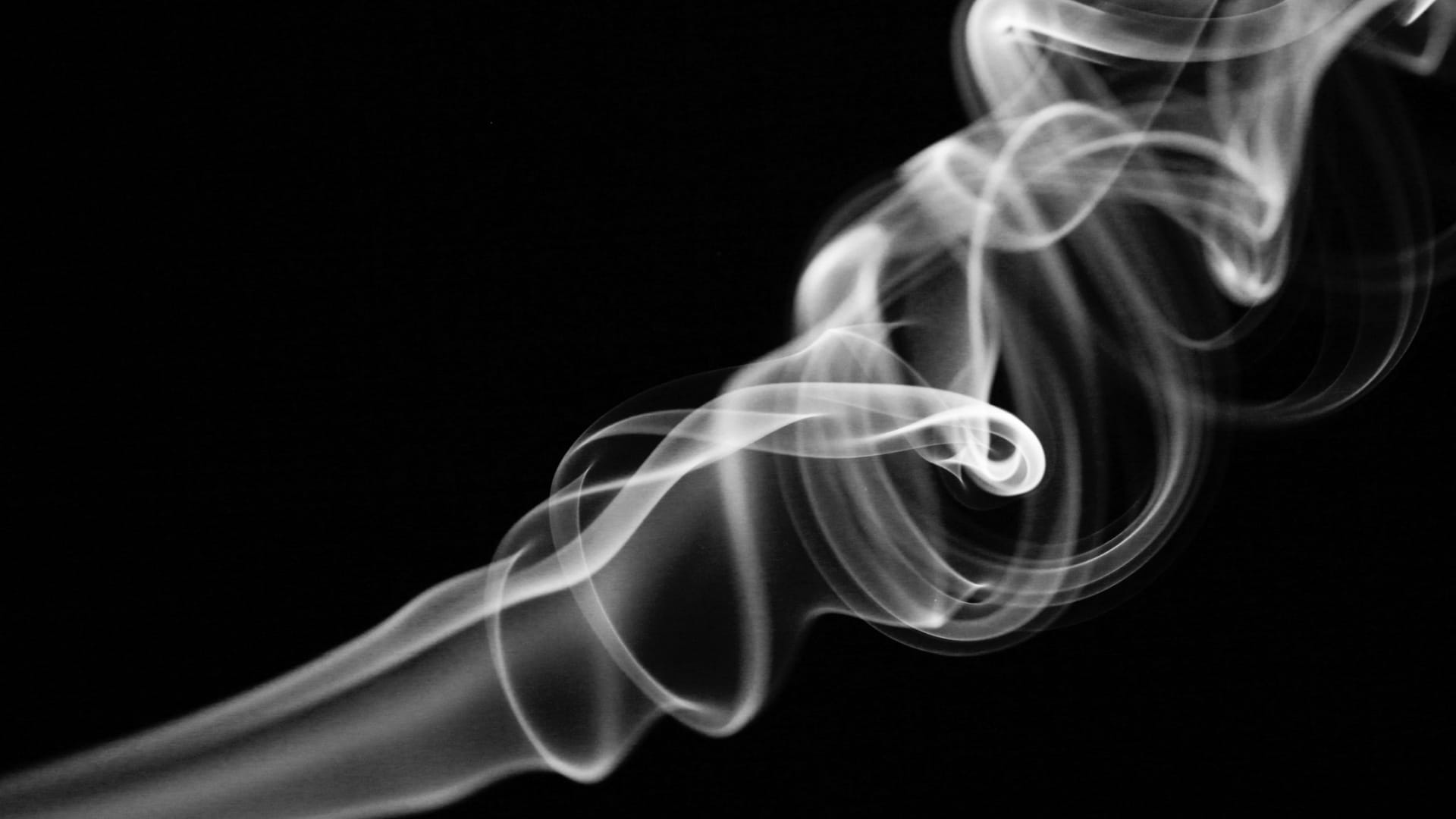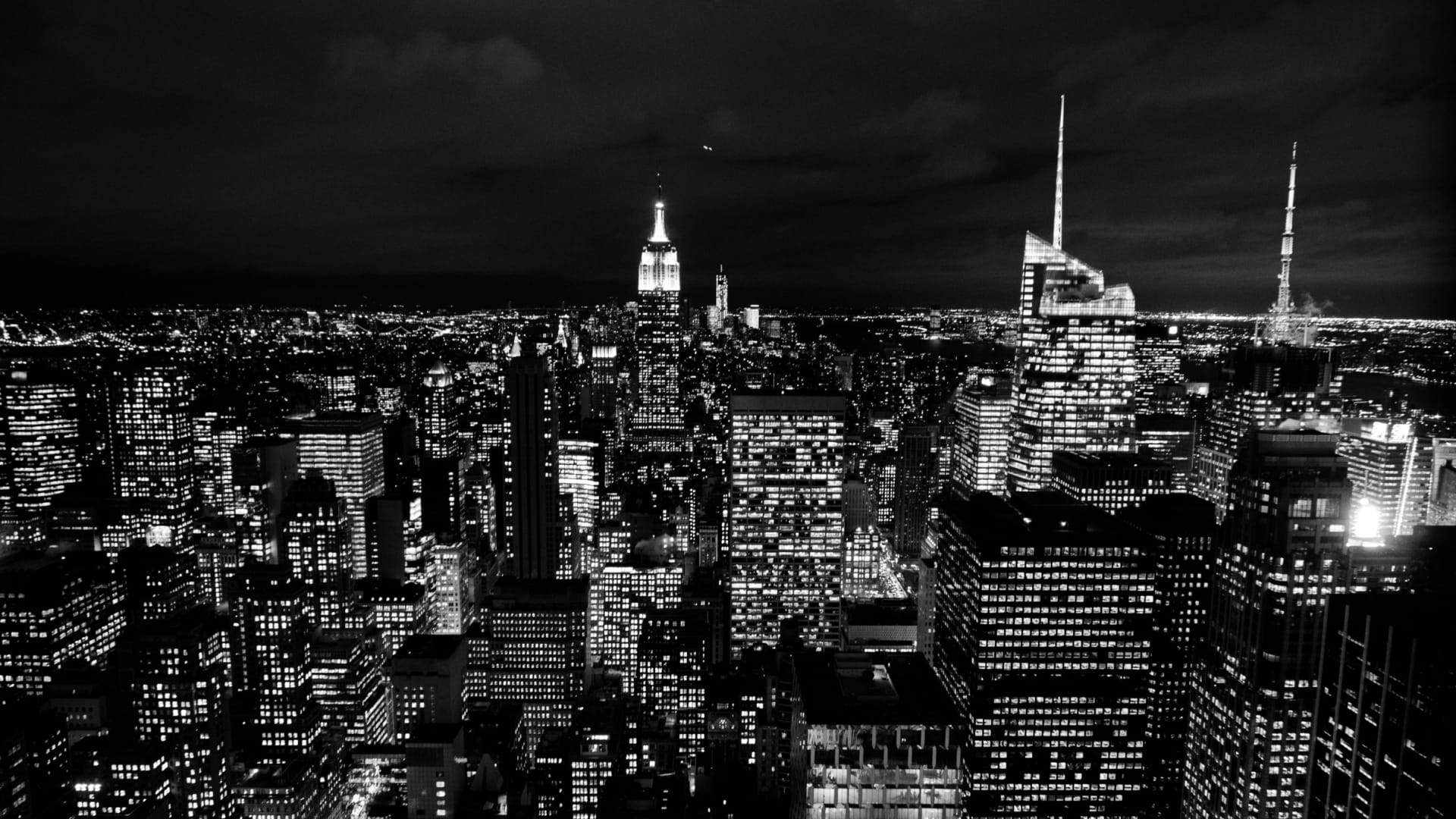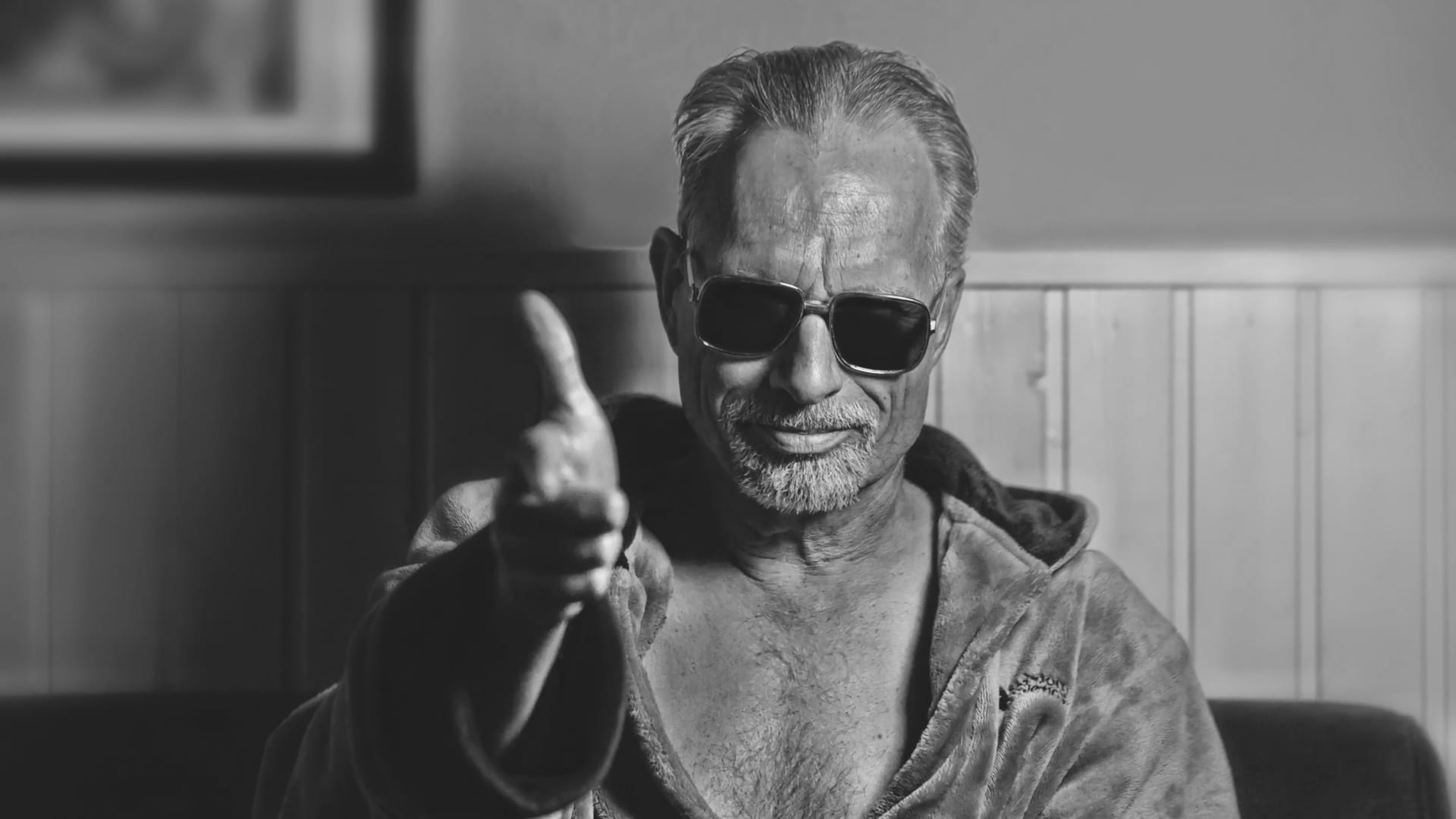This summer, Donald Trump remarked that rising sea levels might create “more oceanfront property.”
Previously, he called climate change a “hoax.” And he’s far from the only Republican who’s skeptical, if not blithe, about the scientific consensus on climate change. Steve Scalise, the U.S. House of Representatives’ majority leader, for instance, said that “it gets warmer and gets colder, and that’s called Mother Nature.”
Climate change is just one issue where the question of expertise has become political in America. During the Covid-19 pandemic, Democrats and Republicans fought incessantly over public health. Ron DeSantis, the Republican governor of Florida, claimed that his strategy of keeping schools and businesses open was a “tremendous success,” while Democratic critics called him “DeathSantis” for not having “followed the science.”
At the same time, American opinion of public-health experts—not least of Anthony Fauci, the chief medical advisor to President Joe Biden from 2021 to 2022 and a key figure on the White House Coronavirus Task Force—has split along partisan lines: 79 percent of Democrats thought public-health officials were doing a good or excellent job in responding to the pandemic, while only 44 percent of Republicans thought so. Why has the idea of expertise lost so much credibility on the American right?
David A. Hopkins is an associate professor of political science at Boston College and co-author of Polarized by Degrees: How the Diploma Divide and the Culture War Transformed American Politics. Hopkins says that on one level, the phenomenon is simple enough: These days, governing a country requires more and more specialized expertise; and policy experts have become increasingly liberal—creating both a greater role for expertise and a natural distance between the experts who provide it and conservative sentiment.
But there’s also been a complex chain of cause and effect from there: Experts increasingly weigh in publicly on the liberal side of politically contentious issues, even issues outside their areas of expertise; Republican politicians increasingly exploit a resulting alienation among their voters toward experts as a class; and liberals increasingly see Republicans as willfully ignorant.
It’s all conspired, Hopkins says, to drive not only a deep shift in American politics—with the Democrats becoming more and more the party of credentialled elites and the Republicans, more and more the party of the non–college-educated—but a vicious cycle in U.S. democracy that’s delegitimizing actual, specific expertise on vital challenges facing America and the world …
Gustav Jönsson: What kinds of expertise have come so much into question here, exactly—and why?

David A. Hopkins: Above all, expertise in public-policy making. There’s a long-term, ineluctable trend in the world toward a greater and greater use of this kind of expertise—in the United States and most everywhere else: In an increasingly complex world, where the demands on governments for problem solving continue to grow, elected officials and other leaders need to rely on specialist knowledge to manage the modern administrative state. There’s no way around it. That’s true, I think, regardless of country or political party.
At the same time, we’re seeing a divergence in attitudes toward experts as a class. In America, there’s an increasingly technocratic bent within the Democratic Party—a lot of authority invested in experts—and an increasing resentment of technocrats, in turn, within the Republican Party. So the idea of experts as the ultimate source of good public-policy ideas—the ultimate source of superior wisdom to guide us—is politically super-contested. And it has to be said, one of the main reasons for that is simply that many conservatives see experts as liberals; they see scientists, intellectuals, and policy experts as coming predominantly from the political left.
It also has to be said that this is not an unfounded perception. On the whole, pubic-policy experts are liberal. It’s a fact. Not only that, but they mostly weigh in on the liberal side of ideological debates. Which doesn’t help persuade conservatives.
In America, there’s an increasingly technocratic bent within the Democratic Party—a lot of authority invested in experts—and an increasing resentment of technocrats, in turn, within the Republican Party.
This is the fundamental dynamic of the conflict over expertise in America—over how much each of the two parties in this country is inclined to defer to the recommendations of expert opinion. Of course, it’s still not controversial, anywhere in America, to defer to experts on mundane things, like how to pave streets. But it is now in politically contested issue areas, like the environment or public education.
Jönsson: Why?
Hopkins: The way experts understand their political role has changed. That’s been decisive. Overwhelmingly, they tend now to have a more ambitious set of objectives than they used to. They tend now to think their expertise on one issue gives them an authority to weigh in on others. During the Covid-19 pandemic, for example, there was a whole class of experts urging caution, telling people to wear masks, stay home, and avoid gatherings in public places. But then, when the Black Lives Matter movement organized mass protests, not only did a lot of these public-health experts not criticize the movement, but many of them explicitly endorsed the protests. Instead of warning that public gatherings might spread the disease, they said, Public health is about standing up to racism. They saw it as their job as public-health experts to urge people to have more progressive views on civil-rights issues. That’s the kind of thing that—whatever you might think of its merits—feeds into the conservative critique of experts as partisans exploiting their credentialled status to impose liberal ideology on the public.

Meanwhile, there are now more experts than ever; there’s more specialization in public policy than ever; and the highly educated population is bigger than ever. Also meanwhile, people with college degrees—especially graduate degrees—have been moving to the left politically. There are fewer conservatives in the population of policy specialists than there were 30 or 40 years ago. So, the people the government is relying on for public policy today have, you could say, a particular political cast of mind.
Jönsson: Why have experts become more liberal?
Hopkins: They’ve become more liberal because they’re increasingly forging their expertise within a social environment that encourages them to adopt liberal beliefs. The prevailing political climate that college-educated professionals live in is decidedly left-of-center—to the point that you can be a member of that community and rarely, if ever, interact regularly with people who are conservative. Or at least openly conservative. If you don’t think conservatives are well-informed, if you don’t personally know conservatives, if you don’t work with conservatives, it naturally engenders a confident, if not arrogant, attitude—and in effect, a belief that people on the right don’t need to be taken seriously.
Now the populist turn of the Republican Party—and the manifestation of that populist turn in the persona of Donald Trump—has only reinforced this trend. It’s only further reduced the credibility of conservatism among intellectuals. Of course, there’s a conservative intellectual tradition that goes back a long way—and there are still a lot of people on the left, even if they don’t agree with it, who nonetheless think it’s a legitimate intellectual tradition. But in the Trump era, intellectuals increasingly look at conservatism as a home of ignorance and bigotry, entirely without a legitimate intellectual claim.
There are fewer conservatives in the population of policy specialists than there were 30 or 40 years ago. So, the people the government is relying on for public policy today have a particular political cast of mind.
Jönsson: Didn’t Ronald Reagan read National Review, the iconic American conservative intellectual magazine?
Hopkins: He did, that’s true—or he was photographed reading it, at any rate. But there’s been a change in American conservatism since Reagan. Liberals certainly aren’t the only ones indulging in ideology at the expense of reality. A lot of conservative leaders inhabit a social world where they’re rewarded for making liberals upset; they’re rewarded for waging a conservative culture war on well-educated metropolitan bourgeois elites. They’ve made liberal intellectuals and experts into the enemy. But then, when you make someone the enemy, you can’t expect them in turn to take you seriously. And so it goes.
Jönsson: When did this happen—this trend of educated elites becoming increasingly liberal?
Hopkins: Until the early twenty-first century, having a college degree made you more likely to be a Republican. And that made a lot of sense in a party system mostly defined by class—with the conservatives representing the upper classes—since people with college degrees earn more than those without. And it won’t shock you, that highly educated group used to be largely white and male—which meant they were more likely to vote Republican.
During the presidency of Barack Obama, though—from 2009 to 2017—college-educated Americans, especially white college-educated Americans, started leaning toward the Democrats So this trend wasn’t caused by Trump; he just helped accelerate it.

In 2016, when he became the face of the Republican Party, he pulled lots of non–college-educated whites who used to be Democrats into the Republican camp. Then, and again in 2020, they voted for Trump even though they supported Clinton or even Obama previously. At the same time, Trump repelled college-educated voters who used to be Republicans—rich white-collar professionals who live in the suburbs around major cities. College-educated whites have been leaving the Republican Party en masse.
Jönsson: What about non-whites?
Hopkins: We’re seeing early signs that something similar might be happening with non-whites. For the first time in history, non-white Americans with a college degree are more likely to vote for the Democrats than non-white Americans without a college degree. Regardless of educational level, non-whites have voted solidly for the Democrats. But college education now makes even non-whites more likely to vote Democrat. So the educational gap is now there regardless of race, though it’s still much smaller among non-whites. But if it were to keep growing, it’d be very consequential for American politics, because it’d mean the Democratic loyalties of non-white voters have weakened.
Jönsson: Thinking of climate change—an especially contested issue area politically, as you say: To what extent do you think Republican skepticism about it is because of these shifts in the American electorate, and to what extent is it because of the political interests of Republican politicians and donors, say—our outright lobbying?
Hopkins: It’s all of the above—and hard to tease out how much belongs to each.
A lot of conservative leaders have made liberal intellectuals and experts into the enemy. But then, when you make someone the enemy, you can’t expect them in turn to take you seriously. And so it goes.
The Republican Party in the United States stands out internationally compared to other conservative parties in its attitude toward climate change. Conservative parties in Europe tend to be skeptical about government spending or regulation designed to address climate change—but they don’t deny that climate change itself is happening or that it’s largely driven by human activity. But in the U.S., conservatives often reject the premise that climate change is a problem or that it’s something that should be remedied.
American conservatives don’t have much respect for climate scientists. They see them as liberals who’ll try to use the issue of climate change to gain control over the everyday lives of Americans. There’s even research on how to persuade conservatives to take climate change seriously. And one of the key lessons from that research is, Don’t use climate scientists to convince conservatives. Instead, use people who have credibility among conservatives—say, religious leaders. The distrust of climate science on the American right is so strong that conservatives will reject claims by scientists as being ideologically biased or as being out of touch with the lives of real Americans.
If the message of Republican political leaders were that climate change is something to prioritize, Republican voters would be more open to that. But Republican leaders, especially in the Trump era, won’t only refuse to say climate change is a problem; they’ll openly disparage renewable energy.

Trump complains all the time about windmills, for instance—saying not just that they won’t solve the energy problem but that they’re actively bad. He says it’s much better to burn coal than to have windmills. So America is a long way at the moment from having a conservative party that’s disposed to taking expert opinion on environmental policy seriously.
Jönsson: How would you say the United States compares to Europe in the politicization of expertise generally, beyond the issue of climate change?
Hopkins: I should say, I’m not an expert in European politics.
But you can certainly see a lot of parallels—even though the phenomenon might be more muted in certain parts of Europe, where politics is increasingly split between one faction of secular, internationalist, highly educated progressives and another faction of traditionalist, nationalist, less educated conservatives.
In the United Kingdom, for instance, the conflict over the European Union very much took that form. Brexit wasn’t an issue of left versus right but one of European integration versus national autonomy. The EU, of course, has an intentionally technocratic style. Brussels is full of bureaucrats who think of themselves as making policy that’s in everyone’s best interest. And critics of the EU think that’s a horror show—as a rule by a bunch of snooty, out-of-touch, over-educated intellectuals who look at the average person with disdain.
So what’s happening in America may be distinctive in some ways, but it isn’t unique. This whole political realignment hasn’t been some sort of accidental product of the Donald Trump presidency or the American media landscape. It’s happening globally.
